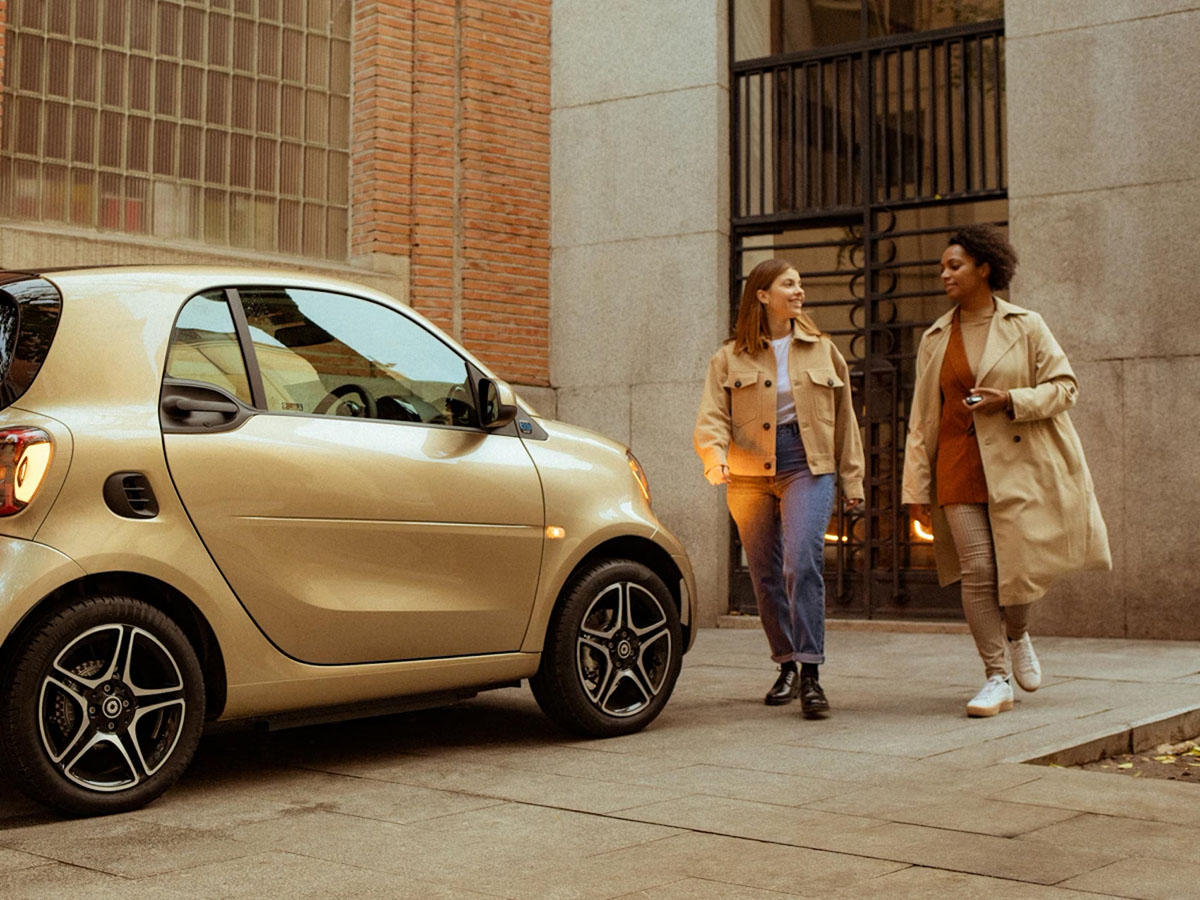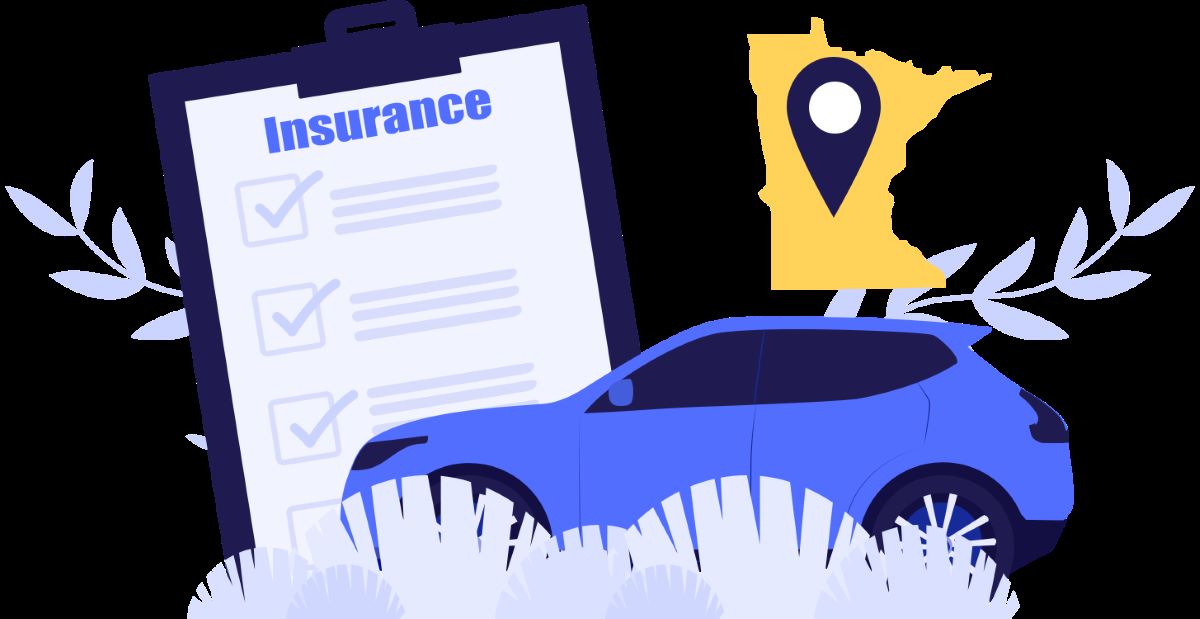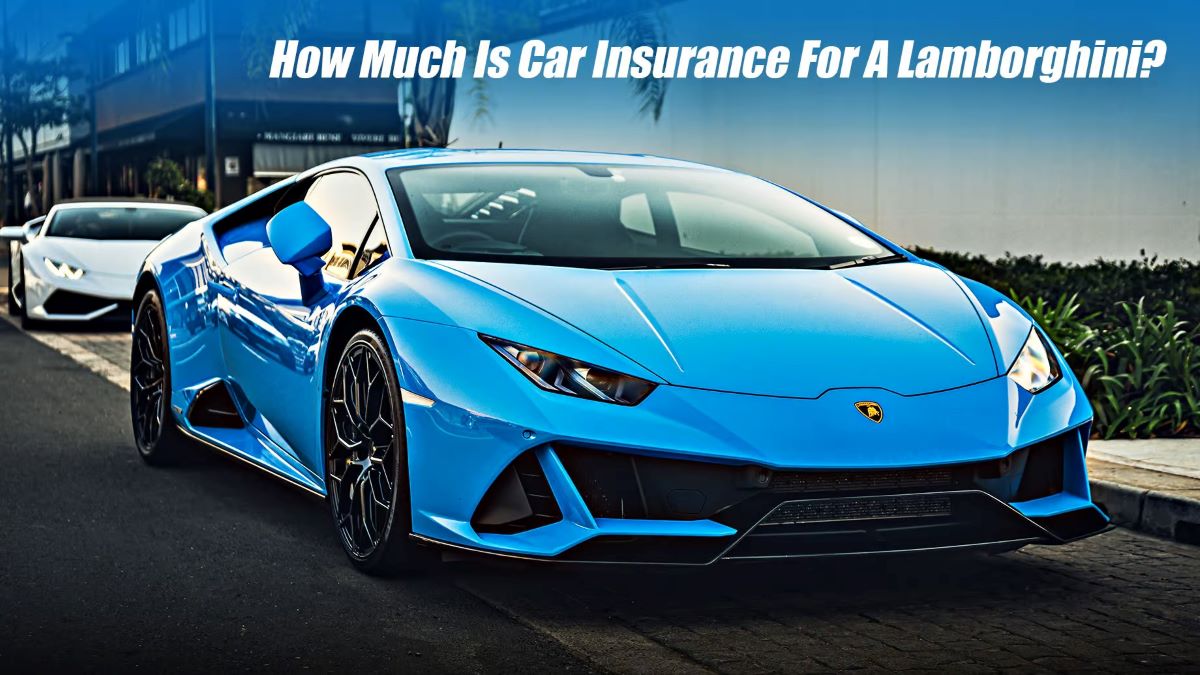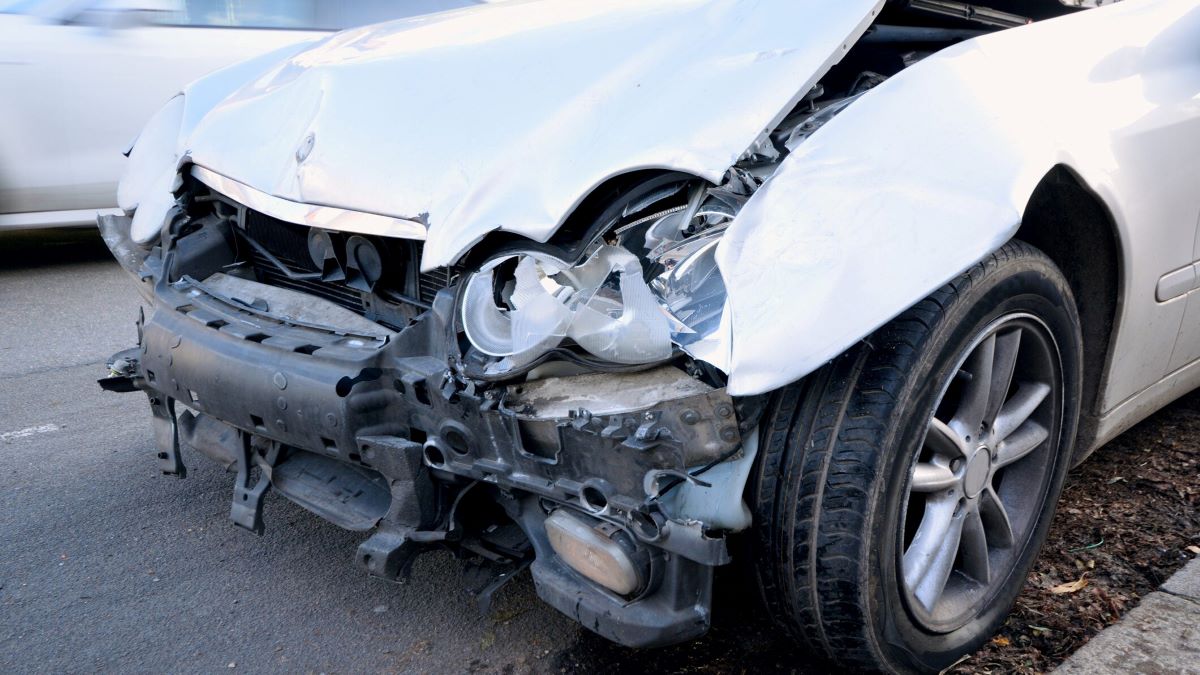

Finance
How Much Is Insurance On A Smart Car?
Published: November 19, 2023
Looking for information on the cost of insuring a Smart Car? Find out how much insurance on a Smart Car could cost and explore financing options.
(Many of the links in this article redirect to a specific reviewed product. Your purchase of these products through affiliate links helps to generate commission for LiveWell, at no extra cost. Learn more)
Table of Contents
Introduction
When it comes to insuring a vehicle, one of the key factors that influences the cost is the type of car you drive. Smart cars, with their compact size and eco-friendly design, have gained popularity in recent years. However, if you’re considering purchasing a smart car, you may be wondering how much insurance you can expect to pay for this unique vehicle.
Insurance rates for smart cars can vary depending on several factors, including the model of the smart car, your driving history, and the insurance company you choose. Smart cars are known for their safety features and fuel efficiency, which can positively impact insurance rates. However, factors such as the cost of repairs and the risk of theft can also influence how much you’ll pay for insurance.
In this article, we’ll delve into the factors that affect insurance rates for smart cars and provide insights into the average insurance costs you can expect. We’ll also share some valuable tips on how to lower your insurance costs for your smart car. Whether you’re a current smart car owner or considering buying one, understanding the insurance implications is crucial to ensuring you make an informed decision and manage your expenses effectively.
Factors that Affect Insurance Rates
Several factors come into play when determining insurance rates for smart cars. Understanding these factors will help you comprehend why your insurance premium may be higher or lower than expected. Here are the key factors that influence insurance rates for smart cars:
1. Model and Year of the Smart Car
The specific model and year of your smart car can significantly impact insurance rates. Typically, newer models with advanced safety features and technology may have lower insurance rates compared to older models. Insurance companies also consider the repair and replacement costs associated with the specific model when determining premiums.
2. Your Driving History
Your driving history plays a vital role in determining insurance rates for any vehicle, including smart cars. Insurance companies review your past accidents, citations, and any claims you’ve made to assess your risk as a driver. If you have a clean driving record, you’re likely to receive lower insurance rates.
3. Your Location
The area you live in can also impact insurance rates for your smart car. Urban areas with high population densities and higher chances of theft or accidents may result in higher premiums. Furthermore, areas prone to severe weather conditions or higher crime rates may also contribute to increased insurance costs.
4. Insurance Company Policies
Each insurance company has its own unique set of policies and guidelines that can affect the rates they offer on smart car insurance. Different companies may place varying levels of importance on factors such as driving history, credit score, and other personal details. It’s important to compare quotes from multiple insurance providers to find the one that offers the most competitive rate for your smart car.
5. Mileage and Usage
The amount of mileage you put on your smart car and the purpose for which you use it can also impact insurance rates. If you primarily use your smart car for daily commuting or long-distance travel, you may attract higher insurance premiums compared to someone who uses their smart car sparingly.
6. Deductibles and Coverage Limits
The deductibles and coverage limits you choose for your smart car insurance policy can influence your insurance rates. Generally, higher deductibles result in lower premiums, as you’re taking on a higher share of the risk. Conversely, higher coverage limits can lead to increased premiums, as the insurance company takes on a greater potential liability.
Understanding these factors will help you grasp why insurance rates for smart cars can vary widely. By considering these factors and exploring your options, you can make an informed decision when selecting insurance coverage for your smart car.
Cost of Insurance for Smart Cars
The cost of insurance for smart cars can vary based on several factors, as mentioned earlier. On average, insurance rates for smart cars are generally lower compared to larger and more expensive vehicles. The affordable price and compact size of smart cars tend to make them less expensive to insure.
One of the reasons behind the lower insurance costs for smart cars is their excellent safety features. Smart cars are built with advanced safety technology, such as multiple airbags, stability control, and a sturdy frame. These safety features can reduce the risk of accidents and injuries, resulting in lower insurance premiums.
The cost of repairs and replacement parts is another factor that affects smart car insurance rates. Smaller vehicles like smart cars tend to have lower repair costs compared to larger, more luxurious vehicles. Insurance companies consider the potential expenses associated with repairs when determining premiums, so the lower repair costs of smart cars contribute to their affordability.
Additionally, smart cars are known for their fuel efficiency and eco-friendly nature. As a result, some insurance companies offer special discounts or incentives for owning and driving a smart car. These discounts can help lower the overall insurance premium, making it even more affordable for smart car owners.
Insurance rates for smart cars can also differ depending on the specific model and year. Newer models that incorporate the latest safety features and technology may have lower insurance rates compared to older models. It’s essential to consider this when purchasing a smart car to ensure you can get the most favorable insurance rates for your chosen model.
Lastly, individual insurance companies have their own pricing strategies and algorithms for determining rates. It’s crucial to shop around and compare quotes from multiple insurance providers to find the best policy at the most affordable price. Take advantage of online comparison tools or consult with insurance agents to get a comprehensive view of the insurance options available to you.
Overall, while insurance costs for smart cars may vary depending on various factors, they tend to be lower compared to larger, more expensive vehicles. The combination of excellent safety features, lower repair costs, and potential discounts contributes to the overall affordability of smart car insurance.
Average Insurance Rates for Smart Cars
When it comes to determining the average insurance rates for smart cars, it’s important to note that individual circumstances and factors play a significant role. However, we can provide a general idea of the average costs based on available data and common trends.
On average, smart cars have lower insurance rates compared to larger, more expensive vehicles. According to recent studies and insurance industry analysis, the annual insurance premiums for smart cars can range from $800 to $1,500. This figure can vary based on several factors, including the model of the smart car, the driver’s location, driving history, and coverage options chosen.
The specific model and year of the smart car can influence insurance rates. Generally, more affordable and older smart car models tend to have lower insurance costs compared to newer, higher-end models. The cost of repairs and replacement parts for the selected model, as well as the safety features incorporated, are among the key considerations for insurance companies when determining premium rates.
Your location also plays a role in insurance rates. Urban areas with higher population densities and increased chances of accidents or theft may result in slightly higher insurance premiums compared to rural or suburban areas.
Driving history is another significant factor affecting insurance rates. If you have a clean driving record and haven’t been involved in accidents or received traffic citations, you may qualify for lower insurance rates. Conversely, a history of accidents or traffic violations can increase the insurance premium.
It’s worth mentioning that these average insurance rates are just a general guideline and may not apply to everyone. Each insurance company has its own pricing structure and considers various factors when determining rates. Therefore, it’s essential to compare quotes from multiple insurance providers to get a more accurate idea of the insurance costs for your specific smart car and personal circumstances.
Furthermore, it’s important to note that insurance rates can also be influenced by your chosen coverage options. Higher deductibles or increased coverage limits may result in slightly higher premiums. Additionally, exploring potential discounts or incentives offered by insurance companies for owning a smart car can further help lower the overall insurance costs.
By understanding the average insurance rates for smart cars and the factors that affect them, you can make an informed decision when it comes to purchasing insurance coverage for your smart car.
Tips to Lower Insurance Costs for Smart Cars
While insurance rates for smart cars are generally lower compared to larger vehicles, there are still ways to further reduce your insurance costs. Here are some tips to help you lower your insurance premiums for your smart car:
1. Shop Around and Compare Quotes
Take the time to shop around and obtain quotes from multiple insurance providers. Each company has its own pricing structure and may offer different rates for smart car insurance. By comparing quotes, you can find the insurance company that offers the most competitive premium for your specific needs.
2. Opt for Higher Deductibles
Choosing a higher deductible can help lower your insurance premiums. A deductible is the amount you pay out of pocket before your insurance coverage kicks in. By increasing your deductible, you’re taking on more financial responsibility in the event of a claim, which can result in lower premiums.
3. Consider Usage-Based Insurance
Some insurance companies offer usage-based insurance programs where your premium is determined by your driving habits. This involves installing a telematics device in your smart car that monitors factors such as mileage, speed, and driving behavior. If you’re a safe and low-mileage driver, you may be eligible for discounted rates through these programs.
4. Bundle Policies
If you have other insurance policies, such as homeowners or renters insurance, consider bundling them with your smart car insurance. Many insurance companies offer multi-policy discounts, which can lead to significant savings on your premiums.
5. Take Advantage of Discounts
Explore potential discounts offered by insurance companies for smart car owners. These can include discounts for safety features, such as anti-lock brakes and airbags, as well as discounts for completing driver’s education courses or maintaining a good driving record. Check with your insurance provider to ensure you’re taking advantage of all available discounts.
6. Maintain a Good Credit Score
Insurance companies often consider credit scores when determining insurance rates. Maintaining a good credit score can help lower your insurance premiums. Pay your bills on time, keep your credit utilization low, and regularly monitor your credit report for any errors.
7. Install Anti-Theft Devices
Smart cars are relatively compact and easier to steal. Installing anti-theft devices, such as a car alarm or a tracking system, can help mitigate the risk of theft. Insurance companies may offer discounts for having these security features, resulting in lower insurance premiums.
By implementing these tips, you can potentially lower your insurance costs for your smart car while still maintaining adequate coverage and protection.
Conclusion
When it comes to insuring your smart car, understanding the factors that influence insurance rates is crucial. While smart cars generally have lower insurance costs compared to larger vehicles, several factors can still affect the premiums you pay. The model and year of your smart car, your driving history, location, coverage options, and the insurance company you choose all play a role in determining your insurance rates.
It’s important to shop around and compare quotes from multiple insurance providers to find the most competitive rate for your smart car. Consider opting for higher deductibles, exploring usage-based insurance options, and bundling policies to potentially lower your premiums. Additionally, take advantage of any available discounts, maintain a good credit score, and install anti-theft devices to further reduce your insurance costs.
While average insurance rates for smart cars can range from $800 to $1,500 per year, these figures are not fixed and can vary based on individual circumstances. By considering the specific factors that affect your insurance premiums and implementing the tips provided, you can ensure that you’re getting the most affordable insurance coverage for your smart car.
Finally, remember that insurance is not just a legal requirement; it’s a means of financial protection. Adequate insurance coverage for your smart car can provide you with peace of mind and assistance in the event of an accident or theft. By being a responsible driver and understanding your insurance policy, you can enjoy the benefits of owning a smart car while minimizing your insurance expenses.














